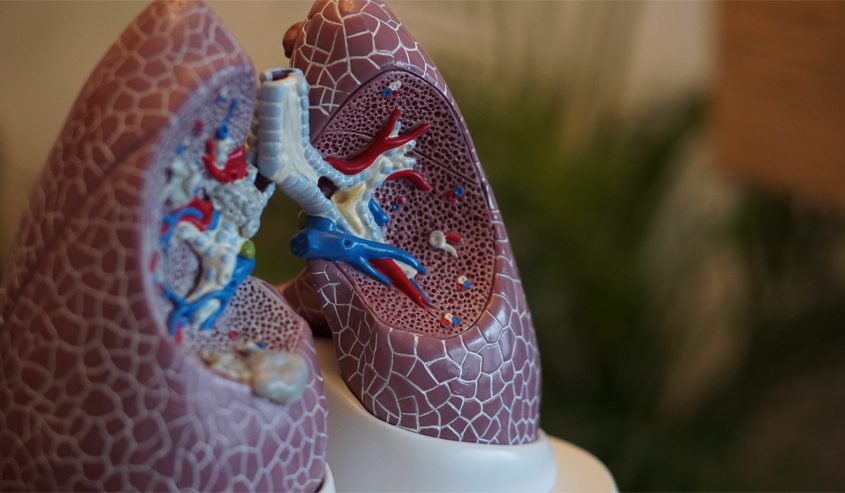
A pulmonary function test is a noninvasive diagnostic test that can tell how well your lungs are functioning. This test measures lung capacity, volume, the rate of airflow and gas exchange. This information will help your doctor to diagnose lung disorders and determine the correct course of treatment. These fall into two types of disorders:
- Obstructive disorders are when air has trouble moving in and out of the lungs due to some resistance or obstruction causing a decrease in the flow of air.
- Restrictive disorders are when the lung’s tissues are unable to expand enough to allow needed airflow.
Why Has Your Physician Called for a Test?
Your doctor may have called for a pulmonary function test for a variety of reasons. Often, they are done as part of routine physicals for some people. Your doctor may call for a test if you are experiencing symptoms of lung problems or have a history of chronic lung disease. They are also done routinely for people who work in particular sectors that may have environmental factors such as factories and mines.
In many cases, a pulmonary function test is done as part of diagnosing problems such as
- Allergies
- Respiratory illnesses or infections
- Trouble breathing because of an injury or surgery
- Chronic conditions such as asthma or emphysema
- Asbestosis
- Airway problems due to inflammation or scarring of the lungs, scoliosis or tumors
- Sarcoidosis
- Scleroderma
A pulmonary function test may also be ordered prior to surgery or a procedure in a patient who has lung or heart issues or other health problems or who are smokers.
There are different types of pulmonary functioning tests. One is spirometry which is done with a sterile mouthpiece. You will form a tight seal over this mouthpiece with your mouth and then be instructed to inhale and exhale in different ways. Another form of pulmonary function testing is called plethysmography which measures changes in the volume within the body or specific organ.
What Is Normal?
What is considered “normal” functioning for one person will be different for another. The volume of air inhaled and exhaled will be compared to what the average would be for someone of the same height, weight, age, gender and race as you are.
Risks to Be Aware Of
Risks for a pulmonary function test will depend on your overall health and other factors. But because it is non-invasive, it is safe and quick for most people. Having a test may be problematic if you have recently had
- A heart attack
- Eye surgery
- Chest surgery
- Abdominal surgery
- A severe respiratory infection
- Unstable heart disease
If you have a history of any lung issues or breathing problems, you may find that you are tired after the test and will be given a chance to rest. Your doctor will discuss the test results with you.
At Vital Imaging, our mission is to provide exceptional patient care. We are there to support you each step of the way. Call us if you have any questions concerning your pulmonary function test. (305) 596-9992
